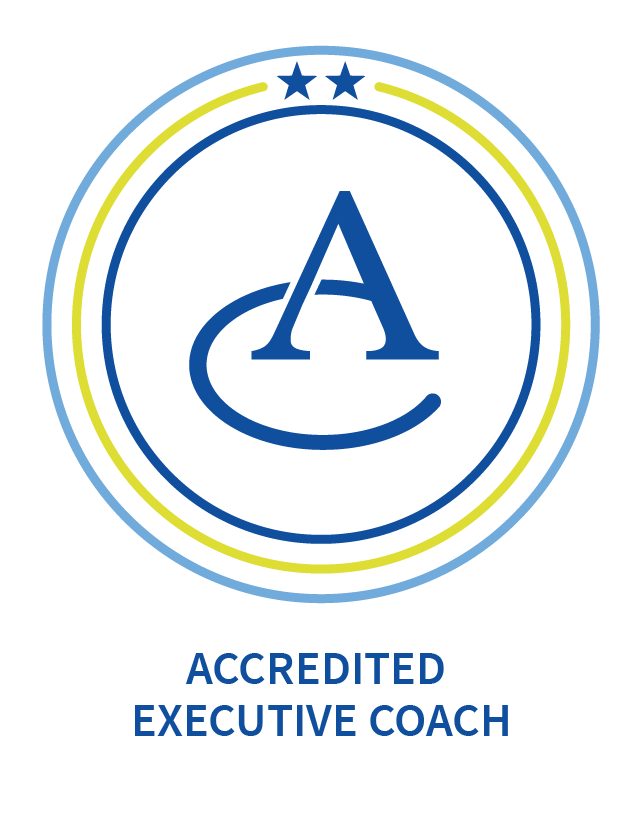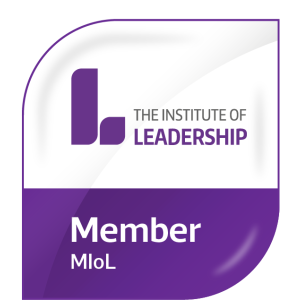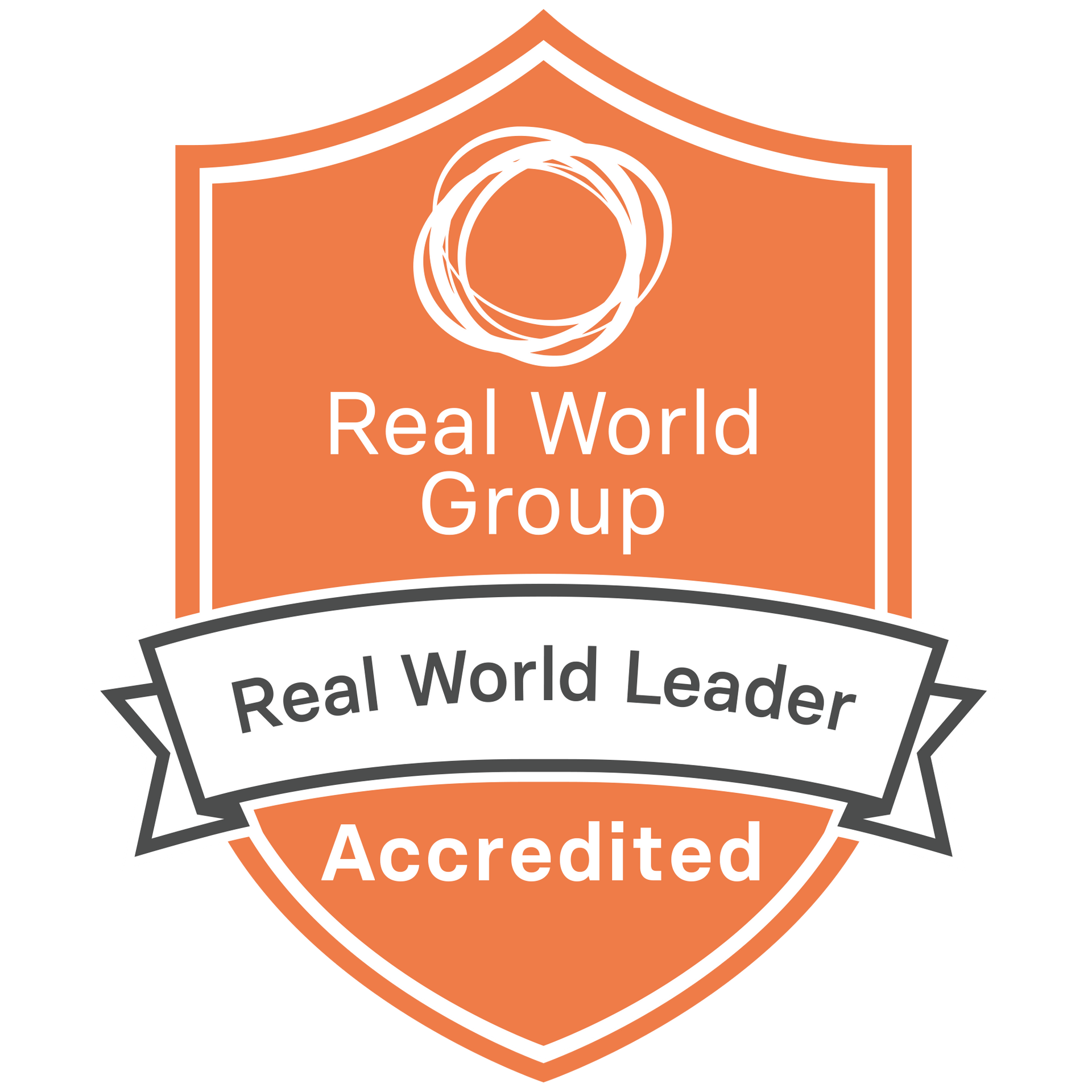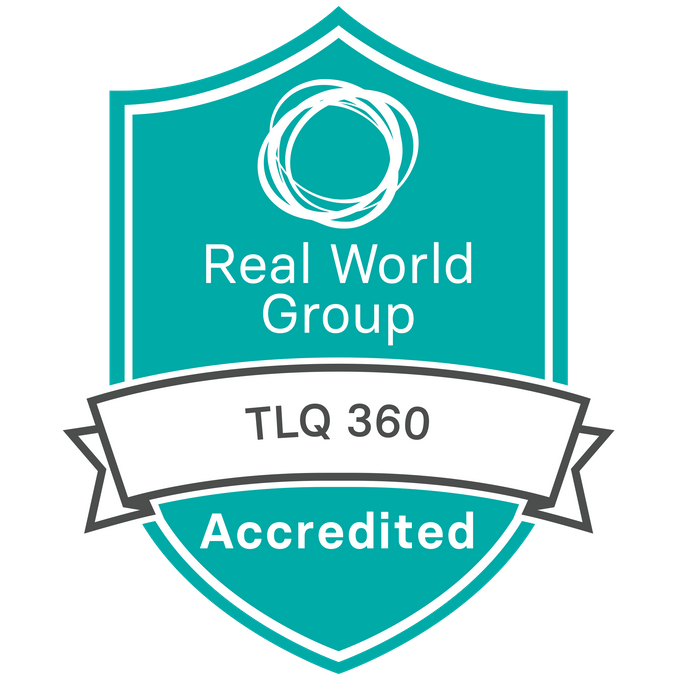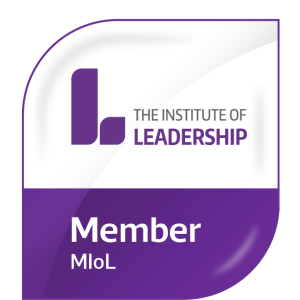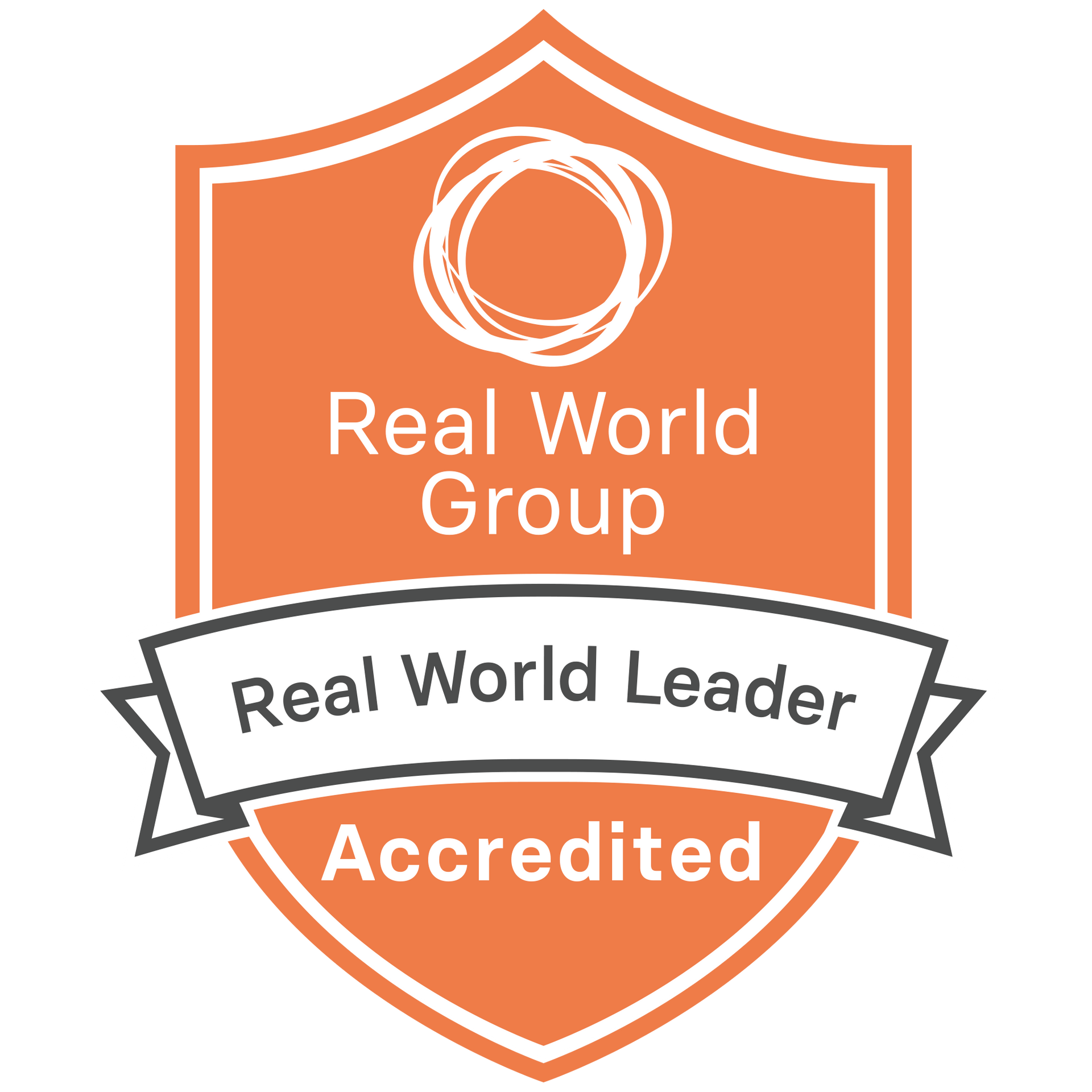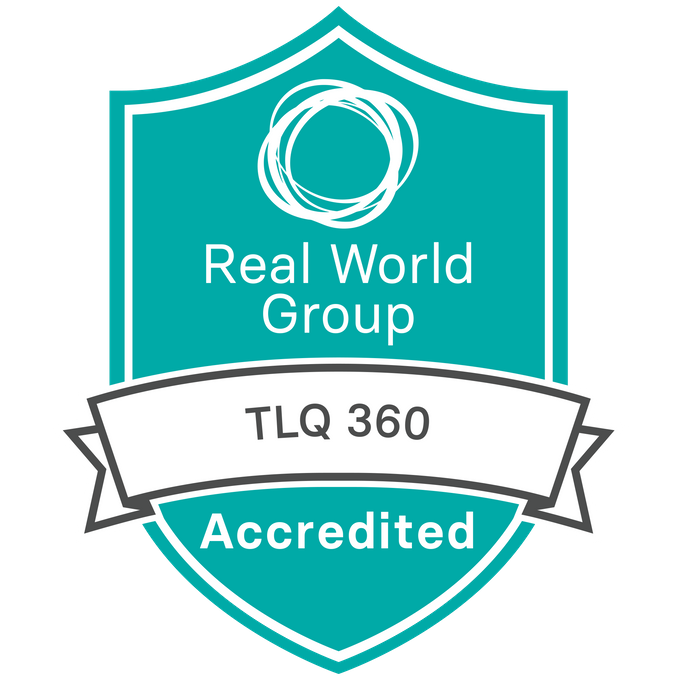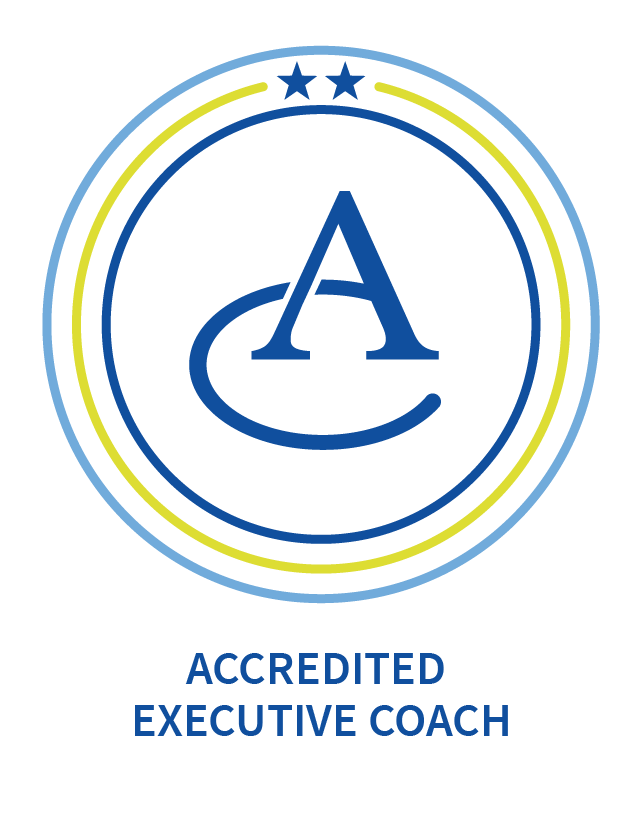Focusing your first five days
- By Sian Taylor
- •
- 17 Sep, 2019
- •
Leading from the start; what to do

Depending on how you deal with new situations and change, you may feel naturally excited and nervous, and the desire to make a good initial impression. That may cause you to feel more anxious than usual, conscious of what you say, what you do and how others might perceive you.
It’s also possible that you’ll move swiftly from your existing role into your new role without a pause. Whilst leaving an organisation will create a natural break between your roles, moving roles within the same organisation can make it more complex and difficult to define your move into your new role.
Below are five areas to focus on to make the most of your first five days in your new role.
1. Accept you will be judged
We all do it, particularly with a new situation or person, we instinctively make a judgement - Do I like this person? Do I trust them?
And as you appraise the people you meet, they will appraise you.
So what happens when you get stressed or anxious in a new situation?
How do you tend to react to other people?
Whatever your natural reaction in these situations, politeness and friendliness go a long way irrespective of how people may react to you. And it might be that whilst some people are friendly in return, others may not be immediately welcoming.
It will take time to build relationships and get to know people, so you may feel uncomfortable and perhaps isolated in the first few days and weeks. Preparing to for this can be a helpful reminder that feeling this way is normal, and the people around you may also be feeling uncomfortable too.
2. Taking in the whole picture
As you settle in you may find there will be a number of people keen to meet you, and share their thoughts and opinions with you. This may cover a range of things - other people, what they see as being wrong that needs fixing, what they think you should be doing.
There are also likely to people that have similarly strong points of view that don’t share their thoughts with you, perhaps not feeling it’s appropriate to do so or perhaps waiting to see what you do.
As you start in your role, people will try influence you to their way of thinking.
Take time to listen to multiple viewpoints, actively seek out thoughts and opinions from people, including those who don’t seek to speak with you. Gather information without proffering an opinion, to more clearly see the whole picture.
Consider doing this even if you’ve already outlined a vision of the future as part of the interview process and which contributed to you being offered the role in the first place.
3. Prepare for overwhelming amounts of information
It’s likely you’ll be bombarded with information over the first few days. Simply too much to take in. Remembering people’s names can be a challenge in itself! Decide beforehand on how you might deal with this.
- Are there specific aspects of your role or the organisation that are a clear priority for you to understand and get to grips with?
- Are you going to take a ‘fact-finding-mission’ approach?
- Would talking to as many people as possible give you a steer on which areas to focus your efforts on initially?
- Who are the people you believe you should build relationships with first?
- Who might be in your support network of people as you get to grips with your role?
4. Time to ask those stupid questions
This is a great time to ask lots of questions, particularly ones which you feel like ‘stupid’ questions. This could feel daunting, particularly if you are remaining in the same organisation where you feel expected to know all the answers already. However, people naturally make assumptions on what other people know, usually believing the other person knows more than they actually do. Stepping into a new role is a good time to challenge those assumptions.
5. Beginning to redefine who you are
You have a new job title, you’ve started your new role. But who are you?
It can take time to settle into your new role and if you’re remaining in the same organisation, perhaps in a phased transition, leaving behind your previous role and responsibilities may not be clean cut.
Be clear in your own mind what new responsibilities you’ve taken on and those which you have left behind. It maybe that this tests some important working relationships you have with people, where doing something for them means you’re not letting them down. But is this now someone else’s responsibility to deal with?
This may be the time to have a difficult conversation with that person that resets expectations on what your role and responsibilities are and what that means working together in the future.
If you’re starting a new role, then I hope all goes well in the coming weeks.
Enjoy, and good luck!
Sign up and you'll receive an email each time I post on my blog.
I'll also let you know when I have other things you may be interested in, such as leadership resources, and when I have coaching offers that may interest you.





